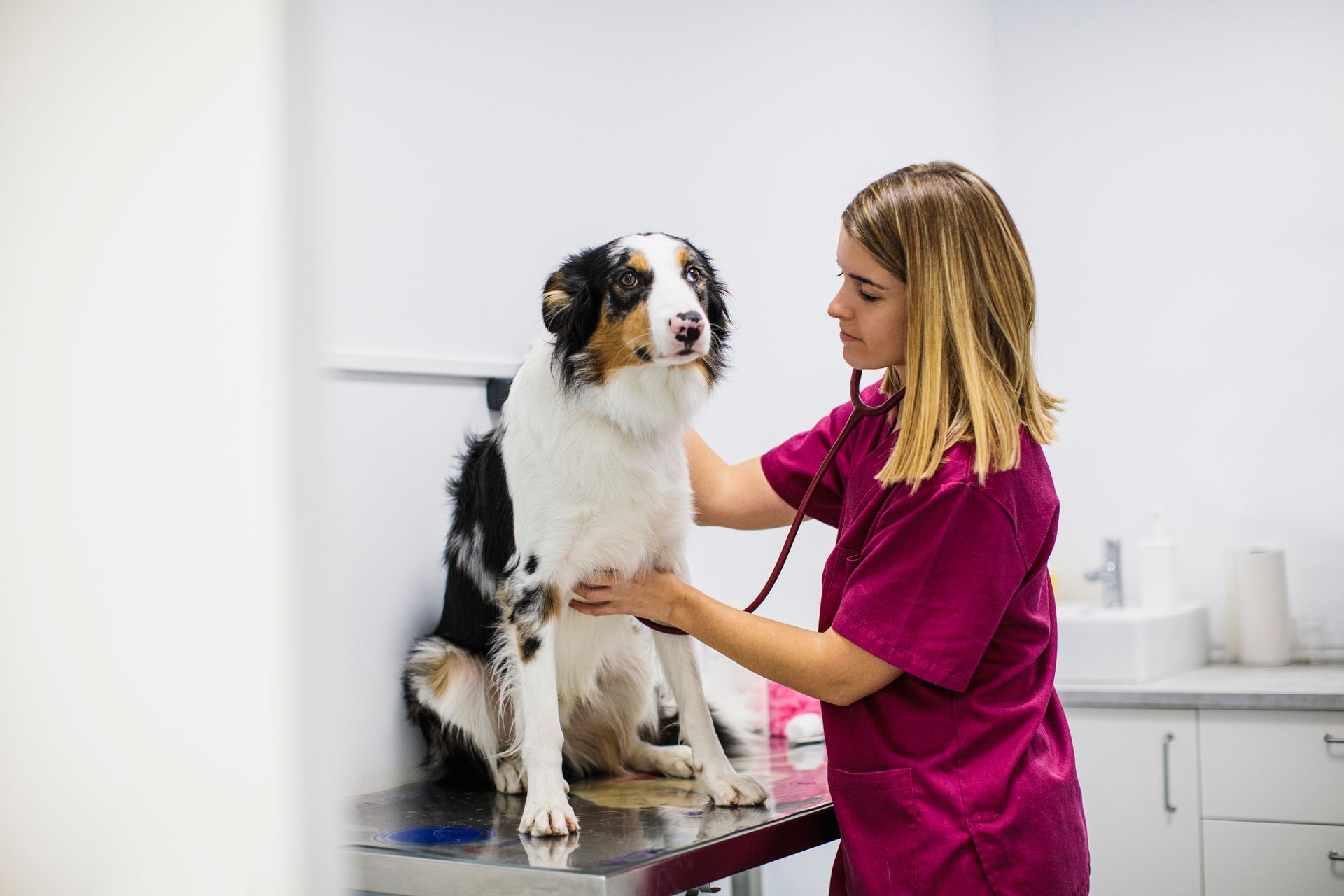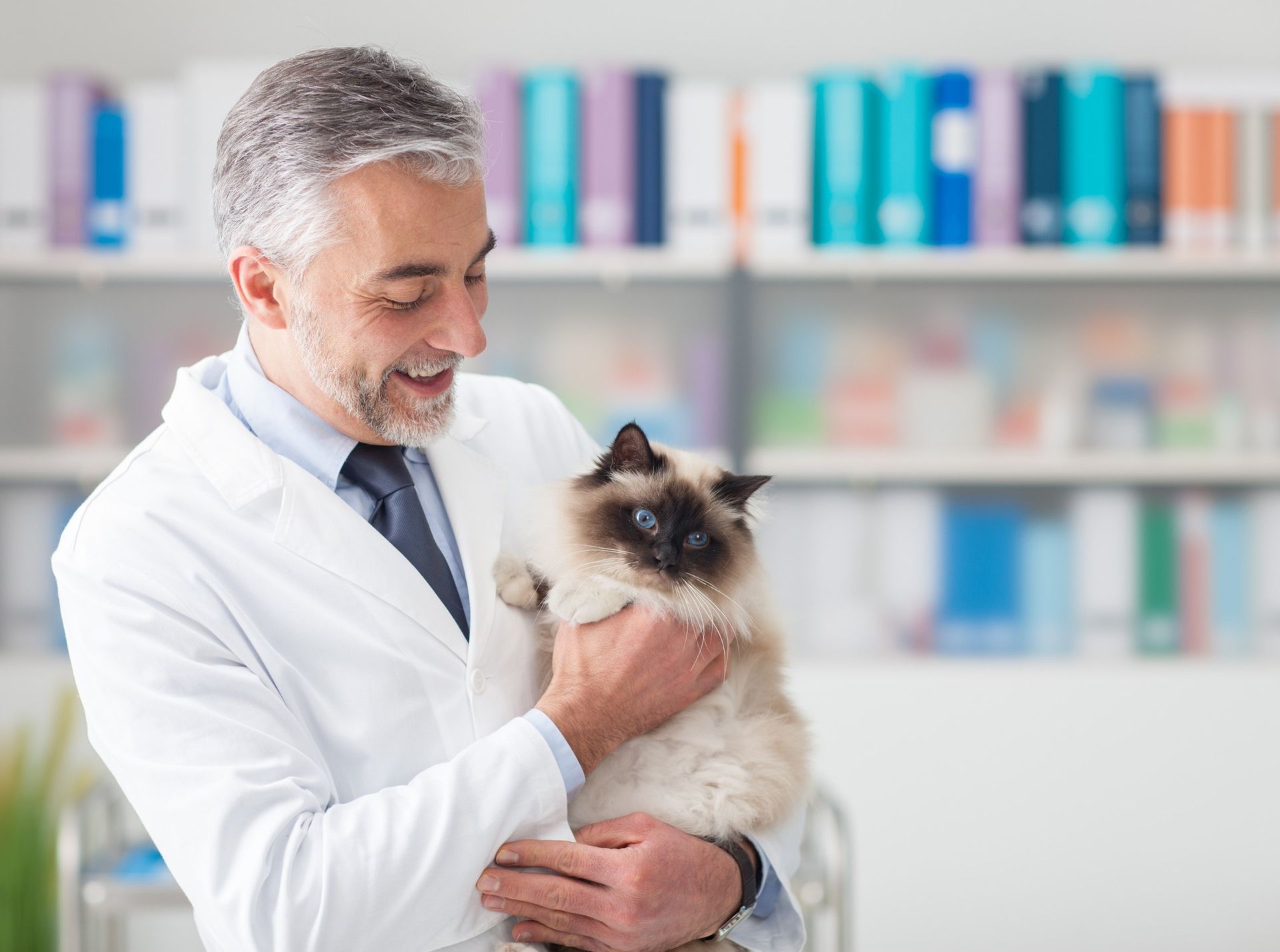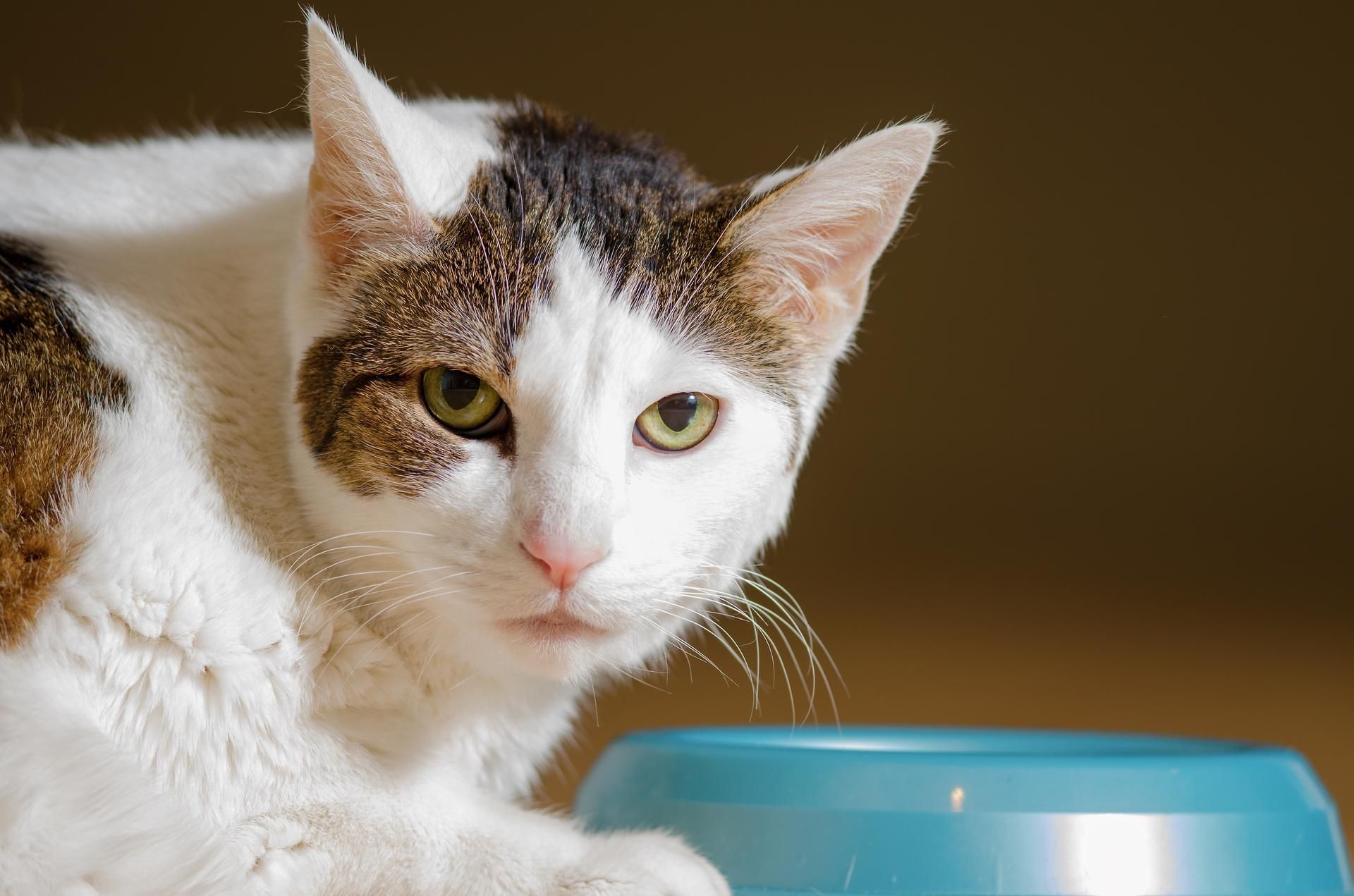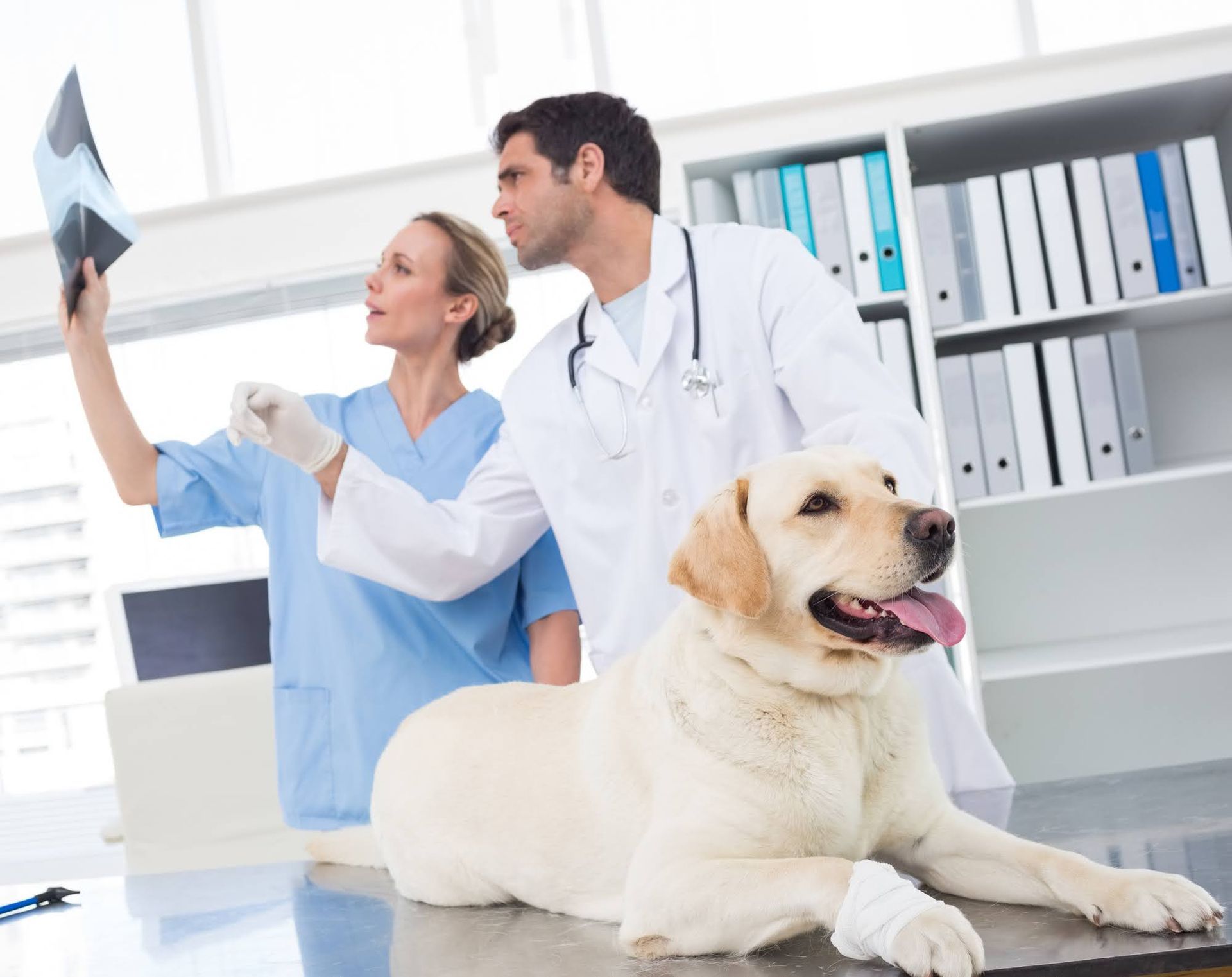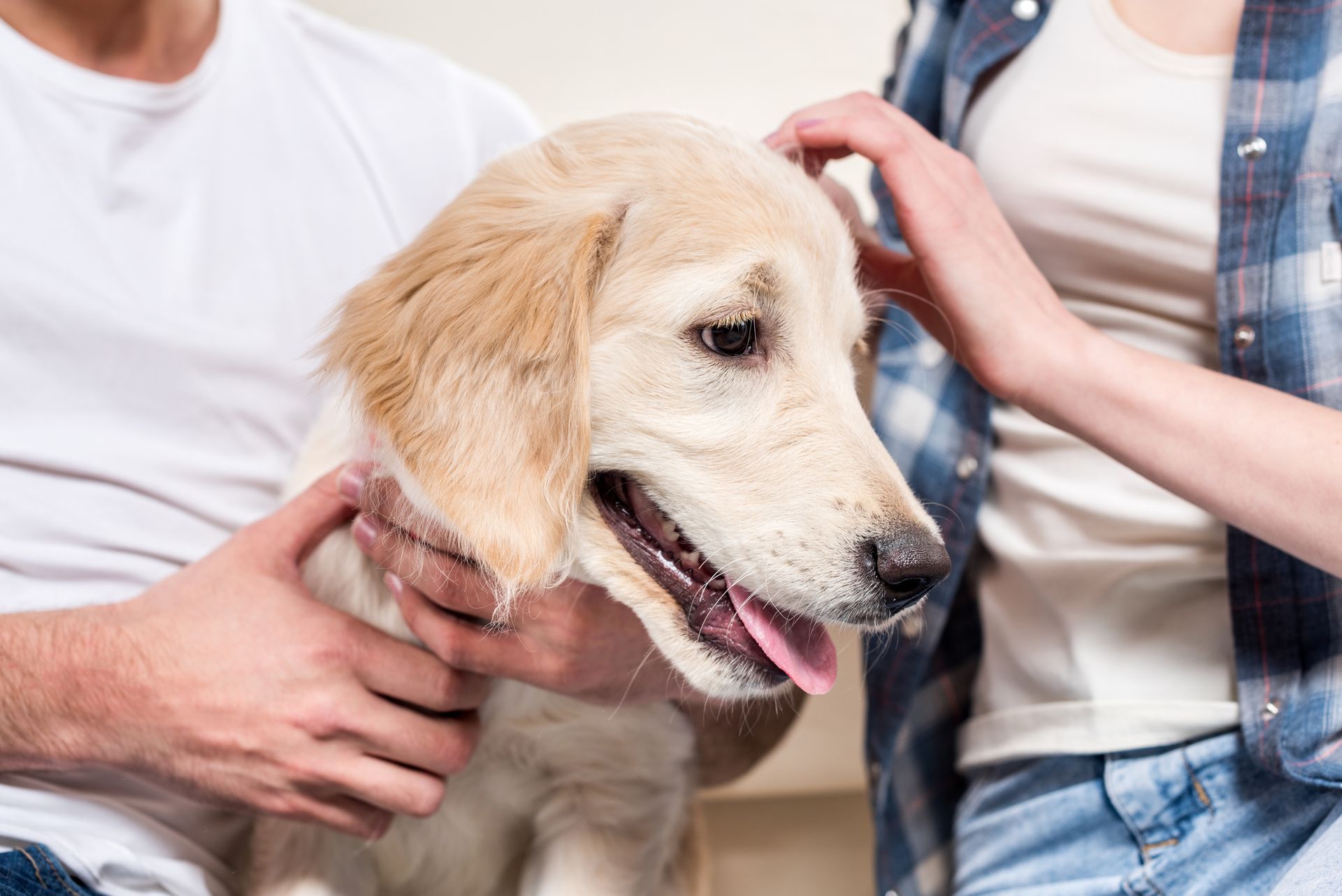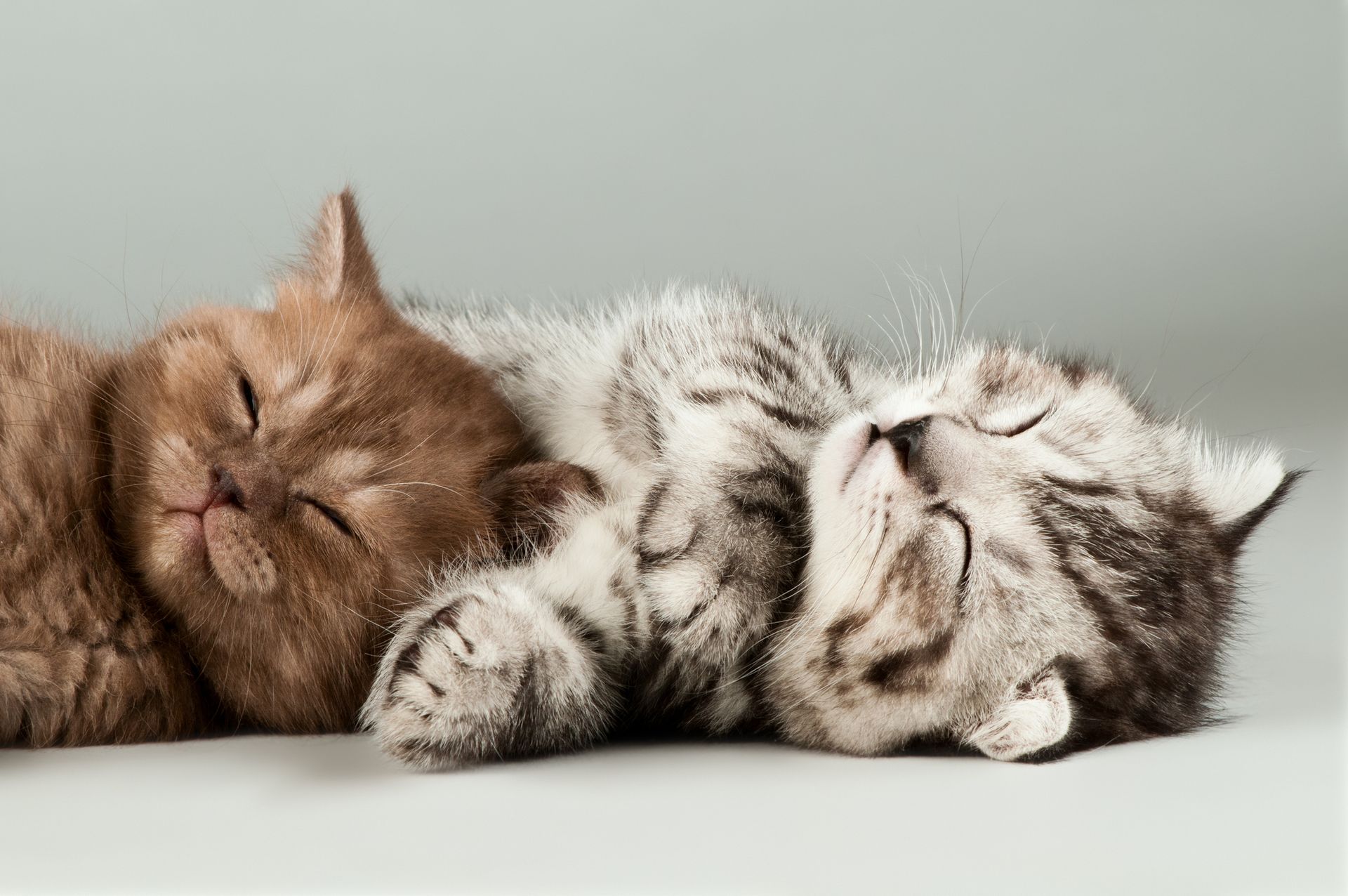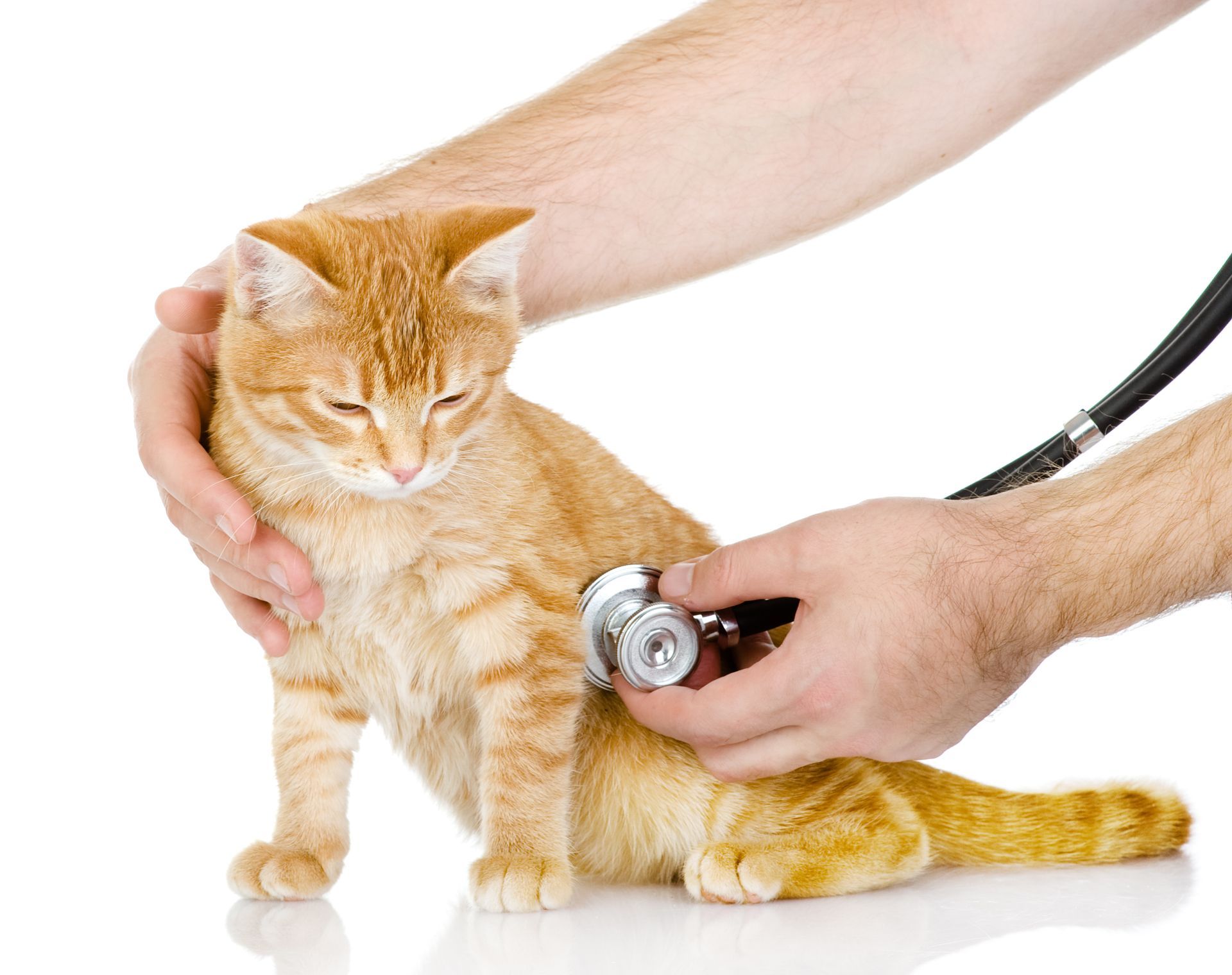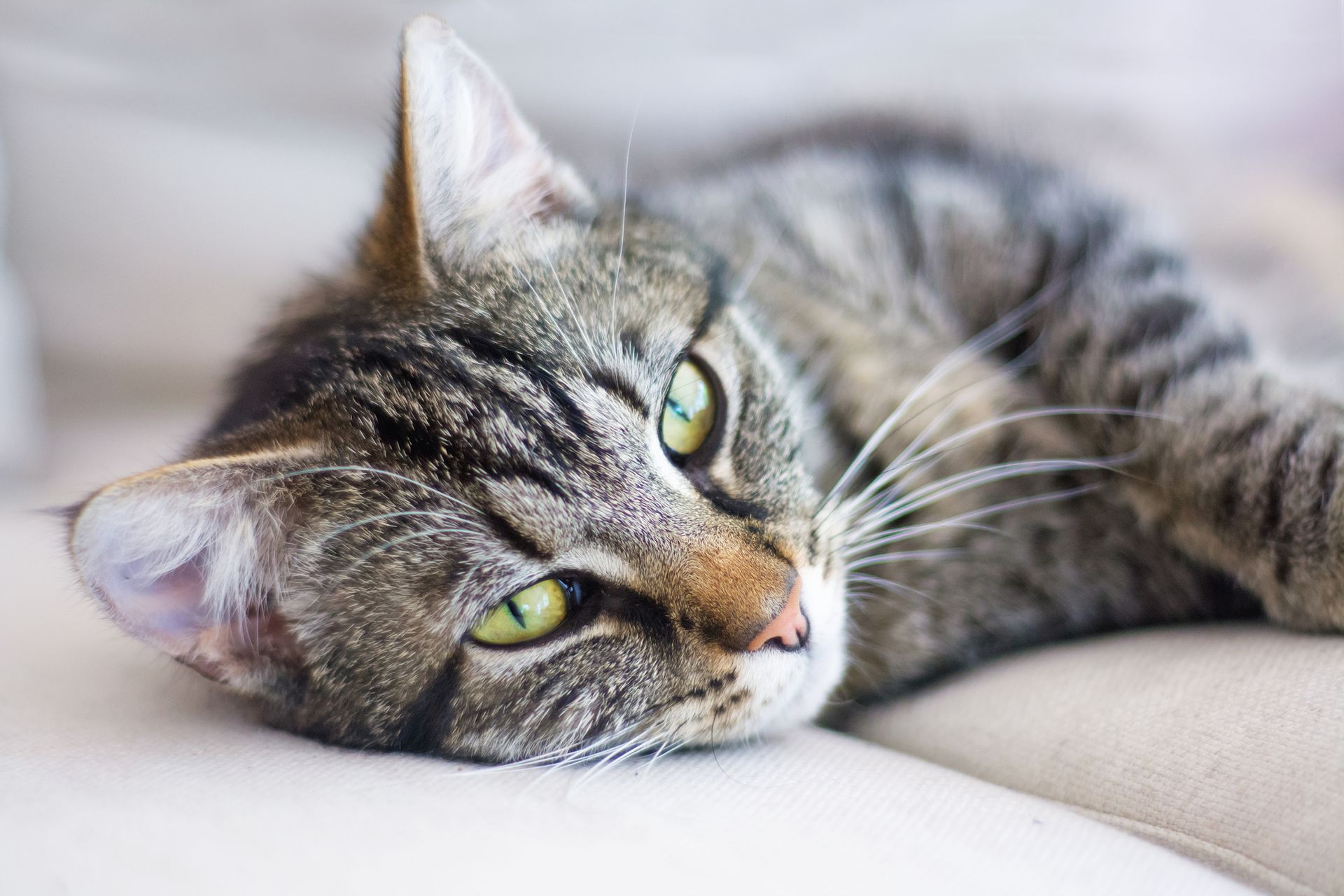Is Your Pet Unwell? Common Signs To Look Out For

Finding one or more furry friends with which you can share life is a privilege. The dog or cat will keep you company at all times, assist you in making friends, and lower your stress levels, among other benefits. However, your pet may develop health issues that are often difficult to read since they know how to hide illnesses instinctively.
Besides, pets cannot use words to inform you something is amiss, but you'll notice some physical signs and behavioral changes if you're keen. Knowing the symptoms to look out for when your pet is unwell will help you seek medical attention on time to avoid prolonging their suffering. Below are some signs you shouldn't ignore.
Unusual Eating Routines
From the moment you bring your furry friend home, you'll develop an eating plan and know their favorite treats. You'll know when you offer a meal and treats to keep them full, healthy, and happy.
However, if you try feeding your pet a meal or their treat as usual and they aren't concerned, know something is amiss. Some conditions force pets to lose appetite or have abnormal eating habits, so the best way to confirm your doubts is to get a vet to conduct a thorough examination.
Excessive Diarrhea or Vomiting
Sometimes your pet may vomit occasionally, but that doesn't mean they're seriously sick. But, if your pet vomits many times in a day, lacks appetite, or is sluggish, see a veterinarian right away. This is especially essential once you notice some blood spots. Maybe they ingested a foreign object that keeps irritating the stomach or has gastric ulcers.
Secreting loose, watery stool more often than usual should also be a concern. Mild diarrhea is common and is caused by intestinal distress after ingesting a foreign object. Diarrhea can also occur when you change treats or diet, take spoiled food, ingest toxins, or due to parasites and viral infections.
Seeking medical attention immediately when you realize your pet is vomiting or producing loose stool will save your pet from excessive distress. The vet will identify the cause of the issue and provide the proper medication, helping them recover fast.
Constant Thirst or Urination
If your pet's drinking and urination habits seem to increase by the day, it could be a sign of a health issue. Constant thirst and urination can be signs of many conditions like diabetes or kidney diseases. Since these signs are elusive, pet owners must be keen, especially if the furry friend is older. Once you realize the problems aren't going away naturally, you need to see a veterinarian to determine the actual cause.
Limping or Walking Difficulties
Does your hairy friend like jumping or walking around a lot but their behavior changes suddenly? This may occur if they have an infection, broken bone, joint issues, or arthritis. Reducing the pet's activities when you notice the lameness or rising difficulties will help them recover if the symptoms are mild. However, if the dog or cat rests for a day and the problem gets worse, or you have some serious concerns, schedule an appointment with your vet.
Persistent Coughing
Whenever your pet is coughing, know they have a respiratory problem or a heart condition. Monitor them for some time if the symptoms are mild, but you'll need medical help if they worsen.
A honking cough could signify the trachea is collapsing, while a dry, hacking cough may point to severe bronchitis. Taking a short video and sending it to your vet will help determine whether to wait or schedule an appointment immediately so they can assess the type of cough and cause.
If you notice any of these signs and need medical assistance, don't hesitate to contact Angel Pet Hospital. We even offer emergency services when the need arises.


